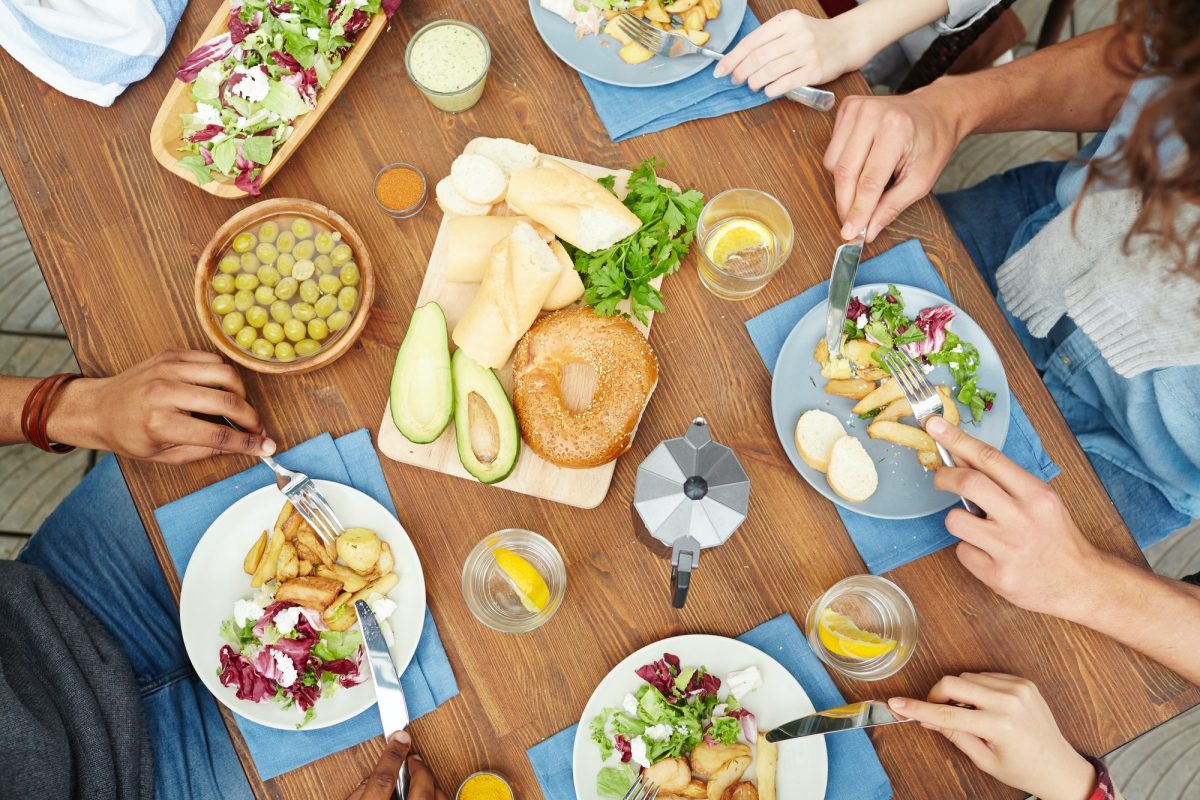Networking is the process of making connections and building relationships. These connections can help you make informed educational, business, and career decisions, can provide you with advice and contacts, and can even help you find unadvertised jobs/internships.
Though the act of networking can seem tedious and boring, having a strategy helps maximize your time and energy. To get positive results, you must do the prep work and come into each networking event with a plan. Prior to each event, look at the who, what, when, where, why, and how of networking to decide if you should attend and develop a master plan.
- Why: What is the purpose of you networking? Why are you going? Is it necessary?
- This year, I set a goal to double my client base. I think networking will give me connections, exposure, and extended reach that can help me do that.
- What: What is the purpose of the event you are considering? Do you have multiple events to choose from?
- A client asked me to join them in a golf tournament sponsored by the company they work for. This is an annual event that most employees attend as participants, volunteers, or organizers. The employees are encouraged to invite others as a way to gain company exposure. They provide food, beverages, swag, and a lot of fun.
- In the same week, a colleague in the same field has invited me to a business mixer in a neighboring county. This is a quarterly event that is sponsored by a local civic organization to grow their membership.
- Should I attend one over the other or both?
- Who: Who will be there? Are there particular people you want to connect with? Is this an organization that can position you better in the business community? Is this an arena where you could be a resource for others?
- Even though I am not an avid golfer, I chose to attend both events because they offer different opportunities. Because the client that invited me is such a good fit for me, I believe their workplace could be full of leads. The golf tournament will put me in a casual/fun environment where potential clients can get to know me socially and I can still talk business.
- The business mixer is an opportunity to grow outside of my current county. Here I can meet potential gatekeepers (people who are not potential clients, but know good connections for me), be exposed to other business organizations, and expand my geographical reach.
- When: Does this event fit into your schedule? Are you able to be your best at the time of this event? How much time do you have at this event?
- I am a morning person. I am at my best at the front of each day. I am also an athlete and love being outdoors. So, the golf tournament is a good fit for me. On the other hand, golf tournaments are an all-day affair. I will be sacrificing a full day of work for this opportunity. This time, I think it is worth it.
- The business mixer takes place after work hours. That event will be more challenging for me because my brain and energy are in wind-down mode. I will have to do more prep work (schedule my day better, nap, or caffeinate) to be at my best at this event.
- Where: Is this event conveniently located? Will this location fit into your schedule? Is this location a place that could open other opportunities for you?
- The golf tournament is local and conveniently located. If I bring my full energy to this event, I can make connections in the tournament, with the organizers, and with the venue. By building relationships with each of those connections, I can help grow circles and my client base.
- The business networking event is in a neighboring county. The location isn’t far, but it is in the evening and further from home than the office. But, because I am trying to double my client base, I have to be willing to expand my geographical reach. I will just build that county into my network.
- How: What is your plan? Do you have overall goals for networking? What are your specific goals for this particular event?
- Because I have already established my overall goal of expanding my client base, I know what I am looking to accomplish as an end game. But the first steps are to just meet more people outside of my current circle.
- The golf tournament will expose me to a plethora of individuals in the venue, the golfing experience, and the sponsoring company. I set up a file on my phone to collect names and notes as I go through the day. Each time I meet someone, I discreetly jot down as much info as I can so I can text or email them in the following 48 hours to continue building a relationship. From there, we can schedule a casual or business meeting.
- Because this is my first event in a new county, I assume I won’t know anyone. I want to use this event to become acquainted with the people and happenings of the area. I set a time goal of 60-90 minutes and try to meet at least 2 people that are already established in the community. Connecting with them will keep me apprised of current events and useful organizations to engage with.
Now that you have a strategy and a plan, you can make these networking events fun and not so overwhelming. You can focus on being yourself, making real connections, and building relationships to meet your goals.
In certain fields, networking is necessary. But even if it isn’t, it can help you stay current, meet new people, and practice your social skills. Just remember not to overload yourself with events. In this example, there were two events in one week. That does not have to be the norm. Enjoy!
Be sure to read our recent blog Professionalism: Networking 101.







